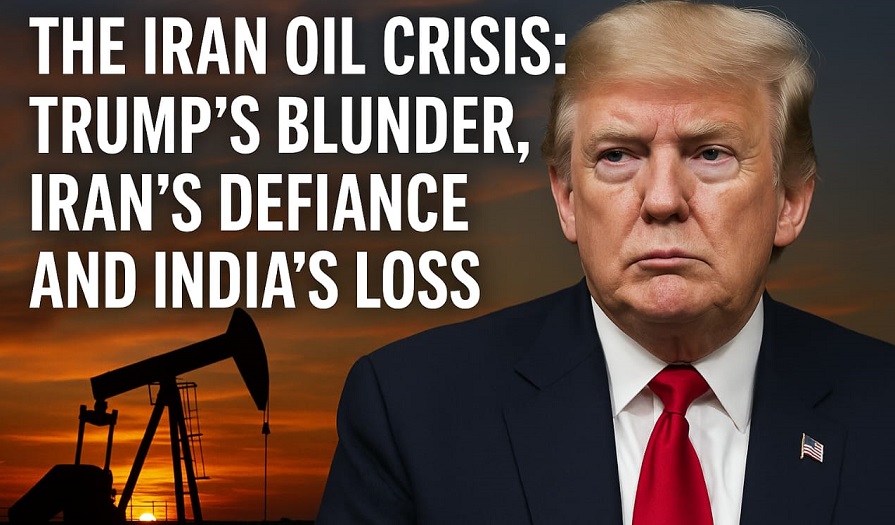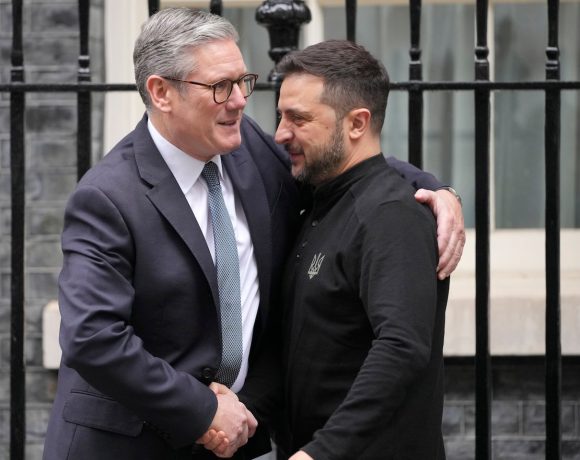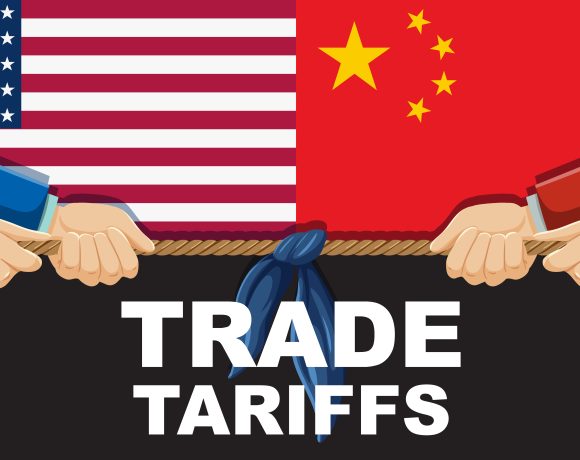
The Iran Oil Crisis: Trump’s Blunder, Iran’s Defiance and India’s Loss
In 2015, the world watched as the Iran nuclear deal—officially called the Joint Comprehensive Plan of Action (JCPOA)—was signed after years of diplomatic negotiations. Under this agreement, Iran agreed to curb its uranium enrichment and open its facilities to international inspections. In return, global powers including the United States promised to lift harsh economic sanctions, especially those targeting Iran’s oil exports. The deal worked for a while. Iran’s nuclear activities were under strict watch, and countries like India benefitted from access to Iran’s affordable crude oil, which came with generous trade terms and shorter shipping routes.
Then came Donald Trump. In 2018, driven by ideological arrogance and the desire to undo his predecessor’s achievements, Trump unilaterally withdrew the U.S. from the JCPOA. Without any clear alternative or evidence of Iranian violations, he reinstated sanctions on Tehran. But Trump didn’t stop at just cutting off U.S. trade with Iran—he imposed “secondary sanctions,” threatening to punish any other country that continued buying Iranian oil. That move sent shockwaves across global energy markets and forced countries like India into a corner.
India, which at the time was Iran’s second-largest oil customer, was essentially bullied into compliance. Despite the advantages Iranian oil offered—discounted prices, rupee-based payments, free shipping, and extended credit—New Delhi stopped its imports to avoid risking its access to the U.S.-led global financial system. Indian refiners were left scrambling to find alternative suppliers. The result? A strategic, long-standing energy partnership was abandoned overnight, not out of national interest, but due to U.S. coercion.
With Iran out of the picture, India turned to oil from Saudi Arabia and Iraq—both allies of the United States and both offering costlier oil under stricter commercial terms. The flexibility that came with Iranian deals vanished. Meanwhile, the Indian public saw steady hikes in petrol and diesel prices. While some of it was due to global market fluctuations, a major chunk of the burden came from being locked out of a cheaper supplier. Ironically, while India played by the rules, China quietly continued to buy Iranian oil through backdoor channels, shielding itself with clever diplomacy and proxy trade routes.
Fast forward to 2025. Iran is now enriching uranium to nearly weapons-grade levels—a direct response to Trump’s sanctions. The very threat the JCPOA had neutralized is now more alive than ever. And now, facing rising oil prices, Chinese strategic gains, and diplomatic embarrassment, the U.S. under Trump’s ideological legacy is reportedly open to lifting sanctions again—if Iran agrees to stop enrichment. The irony could not be richer. The man who manufactured the crisis is now posturing as a savior, all while pretending none of this was his fault.
But Iran is not begging for relief. Far from it. Iranian officials have openly declared that enrichment will continue with or without a deal. They’ve built resilience, formed new partnerships with China and Russia, and diversified their economy to outlive sanctions. Tehran knows the West needs its oil more than it needs Western approval. The sanctions that were once considered a noose have now become a badge of defiance—and a source of strategic leverage.
And who’s been left paying the real price of this geopolitical drama? India.
India has had no role in this feud, no say in the deal, and no leverage in the negotiations. Yet it bore the brunt of higher oil bills, strained energy security, and a broken partnership with Iran. While China reaps the benefits of cheap Iranian crude, Indian refiners are still overpaying for oil from U.S.-friendly nations. Worse, India has not demanded any special consideration or compensation despite being one of the biggest losers of Trump’s unilateral misadventure.
This is precisely why India—and especially Prime Minister Narendra Modi—must learn from this saga. Trump’s foreign policy record shows a pattern of impulsive decisions, zero accountability, and collateral damage left for others to clean up. Trusting him or any future U.S. administration blindly would be a strategic blunder. India must assert its own interests with clarity and confidence.
If sanctions are lifted, India should be first in line to restore oil imports from Iran. Not as a favor from Washington, but as a sovereign right and strategic necessity. We cannot afford to be silent spectators anymore. Let the West handle its mess. India must chart its own energy path—based on pragmatism, partnerships, and national interest, not American moods.


















